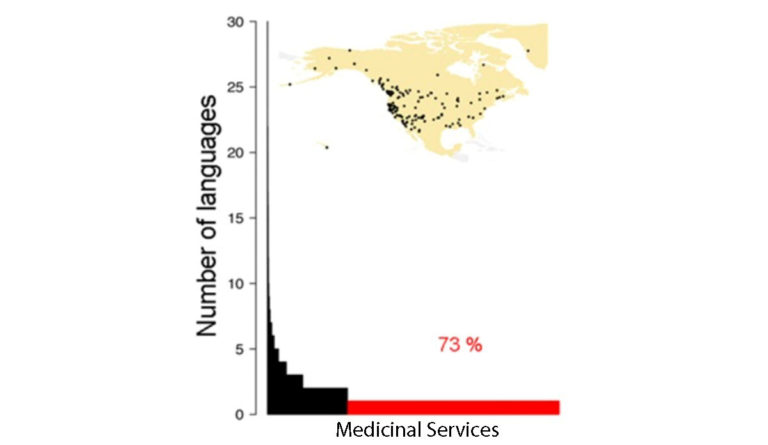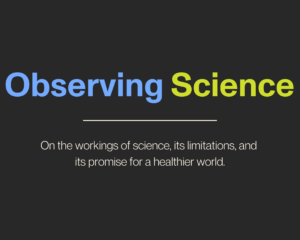When Language is Lost
Medicinal plant knowledge is more strongly associated with threatened languages than with threatened plants.

Read Time: 2 minutes
Published:
Public Health Post is recognizing Indigenous Peoples’ Day with today’s post.
With almost 40% of the earth’s plants threatened with extinction, plant species with valuable medicinal purposes could be lost. But new findings suggest that Indigenous language loss may be a more urgent threat to valuable plant knowledge than loss of the plants themselves.
Systems of traditional knowledge are in grave danger. The United Nations estimates that more than half of today’s spoken languages have fewer than 10,000 speakers, and a quarter have fewer than 1,000 speakers. Over 3,000 languages are endangered. Over the next hundred years, over 2,000 languages are expected to become extinct, as approximately two Indigenous languages die every month. In an effort to raise global awareness, the United Nations has named 2022-2032 the International Decade of Indigenous Languages.
Rodrigo Cámara-Leret and Jordi Bascompte reviewed Indigenous knowledge of traditional plants and languages in three regions with high biocultural diversity: North America, northwestern Amazon, and New Guinea. They found about 12,000 medicinal uses for more than 3,000 plants, known to people who speak 230 Indigenous languages in these regions. They also found that more than 75% of this medicinal knowledge is unique to a single language. Lose just one language, and knowledge is lost with it.
The graph shows the number of Indigenous languages in North America that mention different medicinal plant uses with a map showing the distribution of languages across the continent. The bar graph below shows how many languages cite each medicinal use. Although one medicinal practice is cited by 30 languages, (the spike on the left,) almost all are cited by fewer than 5 languages, and 73% are known by only one language (red).
The authors compared projected language loss to biodiversity loss and concluded that medicinal knowledge is more strongly associated with threatened languages than with threatened plants. They also predict that further loss of Indigenous languages will “substantially compromise humanity’s capacity for medicinal discovery.”
Databye via Rodrigo Cámara-Leret, Jordi Bascompte, Language Extinction Triggers the Loss of Unique Medicinal Knowledge. Proceedings of the National Academy of Sciences, 2021.



